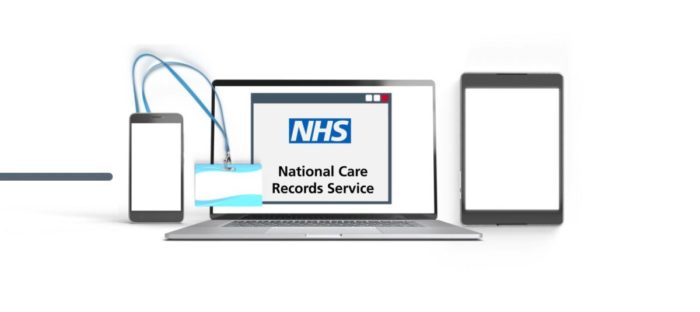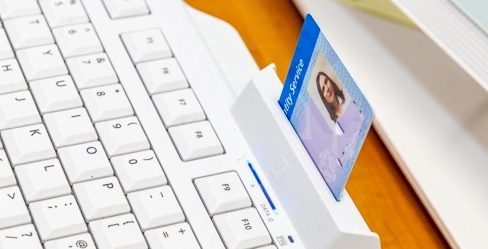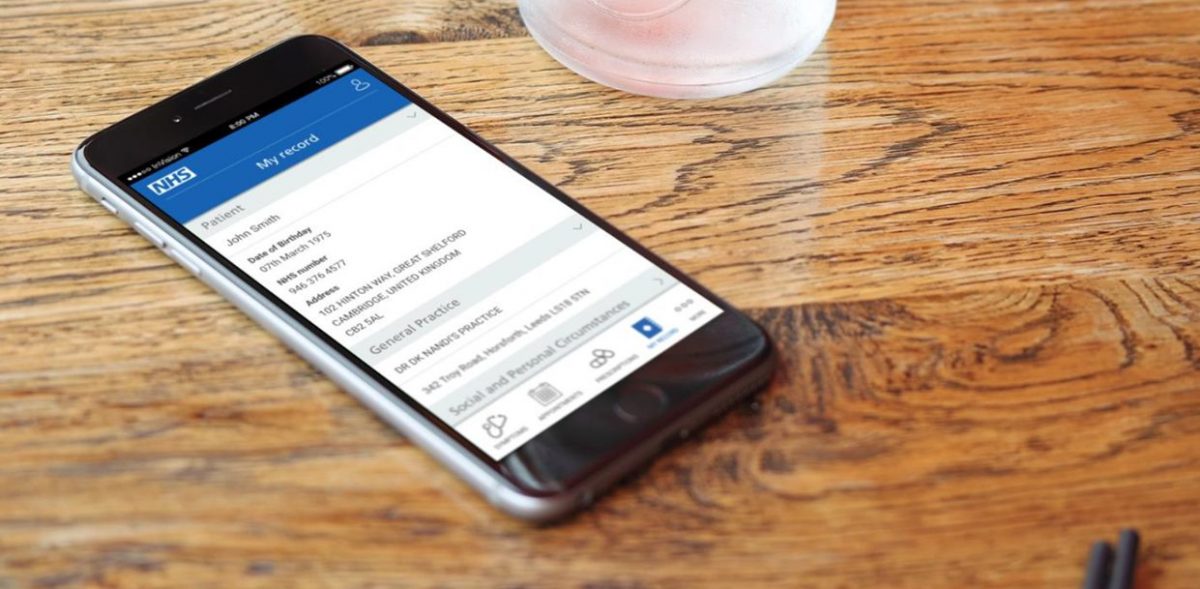Electronic health records
Published on: 16th July 2013 | Updated on: 4th March 2023
This section of the website summarises information and current policy on electronic health records (EHRs).
 |
Policy (EHR) | Community pharmacies and patients are being provided with an increased ability to use EHRs where appropriate consent is arranged. |
 |
EHR list | Many record-sharing projects are being developed nationally (e.g. SCR) and locally (e.g. Shared Care Records such as Leeds Care Record). |
 |
SCR | This is an electronic summary of key clinical information (including medicines, allergies and adverse reactions) about a patient, sourced from the GP record. |
 |
NCRS | NCRS will be a successor to the Summary Care Record application (SCRa) portal. |
 |
GP Connect ‘Access records’ project | This project enables electronic clinical information (including medicines, allergies and adverse reactions) about a patient, sourced from the GP record to be used for direct care. It excludes enabling access to records information from sectors other than the GP sector. |
 |
Shared Care Records (ShCRs) | ShCRs should be accessible for those health and care staff which need to access information or record information into it for others. |
 |
System supplier integration and write access | There are a range of providers marketing shared electronic health record solutions. Community Pharmacy England is supportive of providing healthcare professionals including community pharmacists with appropriate role-based read and write access to EHRs where patients have provided consent. Such access has the potential to greatly improve patient outcomes. |
Other EHR topics
Reasonable Adjustment Flag (RAF) information
Q. I have access to NHS patients’ summary care records (SCR). Do I have to access SCR and if so, when?
A. It depends. From 01 April 2016, pharmacy contractors and LPS contractors during the course of providing NHS community pharmaceutical services must access SCR in certain circumstances. If you consider in your clinical judgment that it is in the best interests of the patient to access SCR then you must do so. If so, then your access of SCR must be in accordance with the NHS Care Record Guarantee guidance.
Q. My pharmacy serves a large care home. How can the patients provide their consent to SCR access or could this be done by care home staff?
A. Community Pharmacy provides services to patients in care homes, mostly without communication with the patient; with the care home requesting services for patients ‘by proxy’. The RPS advise that the process for obtaining consent to be used is for:
- The care home informs patients/their carers upon arrival that their preferred pharmacy may access SCR. This could be added to admission forms. The patient/carer must inform the care home if they do not give their permission for the SCR to be accessed.
- Patient information, leaflets and posters should be made available at the care home – examples can be found on the NHS Digital website. This is required to meet Data Protection Act rules on fair processing.
- The pharmacy and care home have an understanding where any patient/carer refuses permission, they will inform the pharmacy NOT to access SCR. Otherwise, the pharmacy can access SCR based on the above.
- If the patient has not completed the arrival process, then care home can give permission by proxy, as appropriate.
What if I believe that accessing the SCR for a Care Home patient is needed, but I cannot obtain consent?
A. There is a consent model as explained above. In emergency situations where this model is not applicable, pharmacy may consider emergency access (see section above on access without consent). See also, the GPhC guidance on consent which mentions: “If the patient is not able to make decisions for themselves, you must work with people close to them and with other members of the healthcare team.”
Can I access a patient’s SCR without consent?
A. The ‘Emergency Access’ option can be used if a patient or the person acting on their behalf is not able to give their consent, but you believe there is still a clinical requirement to view their SCR.
In this instance you should use professional judgement and if you decide that accessing the SCR is necessary and in the patient’s best interests (i.e. there is a possibility that without accessing the patient’s SCR the quality or safety of the decision would be compromised), then you should use ‘emergency access.’
As with any professional decision you need to be confident that you can justify to any future investigation that the decision was made in the patient’s best interests. Whenever the “Emergency Access” option is selected it is strongly recommended that you enter the reason why you are accessing the record without the patient’s permission.
Examples of when this option could be seen as appropriate in community pharmacy are:
- a patient with language difficulties; or
- elderly patients with dementia.
See also, the GPhC guidance on consent.
Return to the Pharmacy IT hub or IT a-z index












